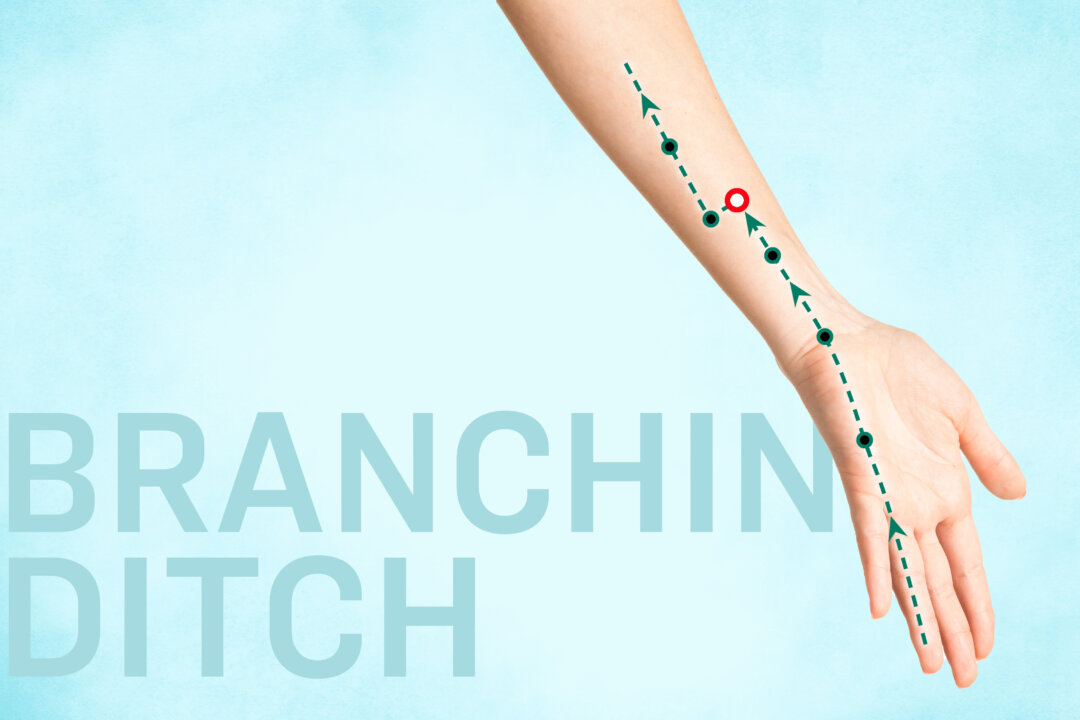Recent decades have seen a lot of progress in diabetes treatment. In a new study, Per-Ola Carlsson, Professor of Medical Cell Biology, has obtained promising results. "This is the first time anyone has succeeded in transplanting insulin-producing cells into another individual without immunosuppressive drugs," he says.
The treatment available for type 1 diabetes since the 1920s is insulin therapy. Over the years, treatment has improved, according to Carlsson. "There's been rapid-acting insulin, long-acting insulin and even sensor-controlled insulin pumps.

But we have not been able to offer a cure. Hopefully, with this new concept, we'll be able to offer a cure in the future." What the researchers have done is to transplant insulin-producing cells from a donor to a recipient with type 1 diabetes, without giving the recipient immunosuppressive drugs.
"We have done this by genetically modifying these insulin-producing cells in three different ways before transplanting them. These genetic modifications make the cells undetectable to the immune system , they go under the radar," says Carlsson. So far the study shows good results and now the researchers are moving on to the next step in the treatment of type 1 diabetes.
They aim to develop insulin-producing cells from stem cells and produce a genetically modified pharmaceutical product that can be used for many individuals..
Health

Video: Advances in the treatment of type 1 diabetes

Recent decades have seen a lot of progress in diabetes treatment. In a new study, Per-Ola Carlsson, Professor of Medical Cell Biology, has obtained promising results. "This is the first time anyone has succeeded in transplanting insulin-producing cells into another individual without immunosuppressive drugs," he says.















